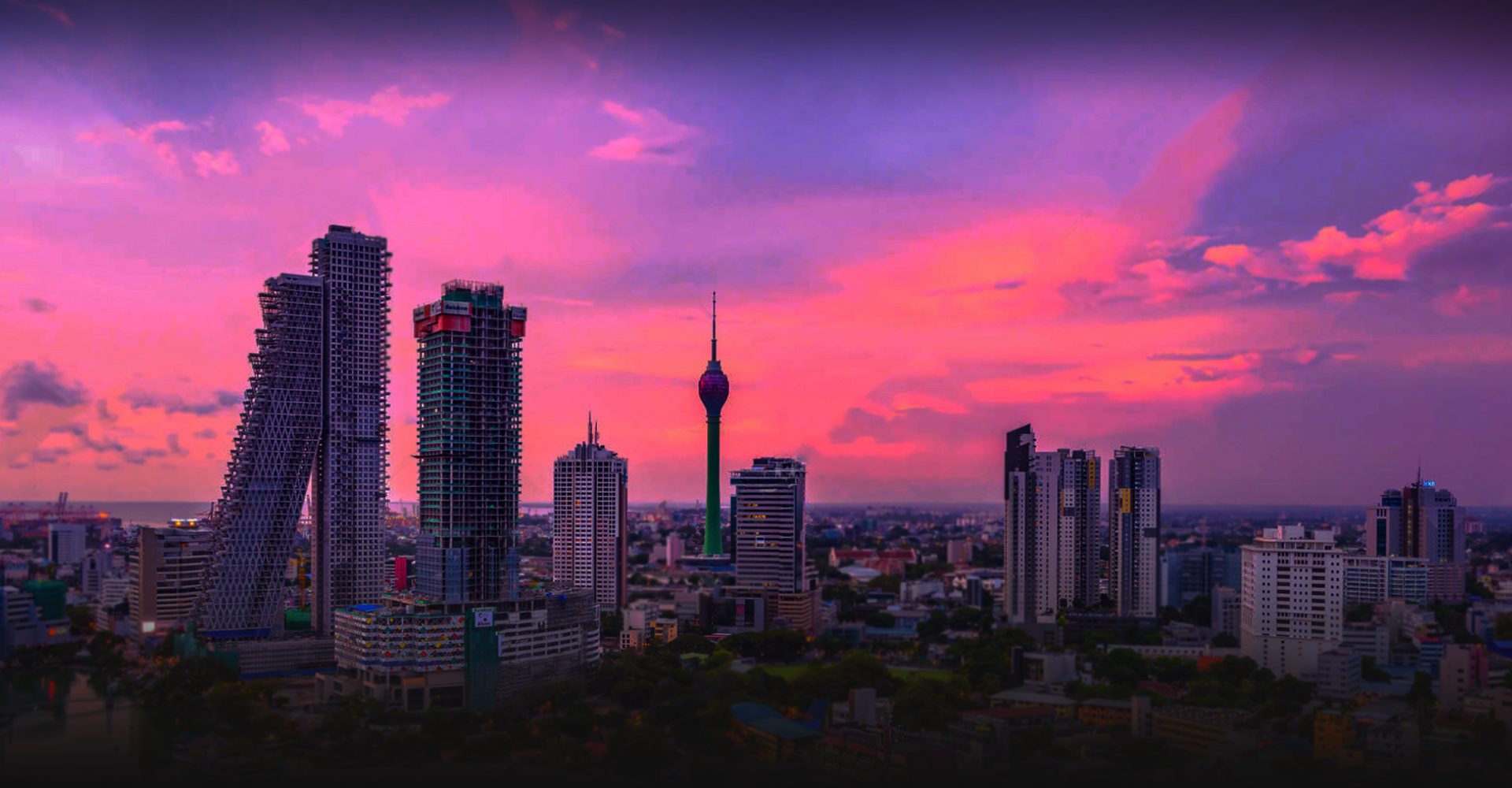

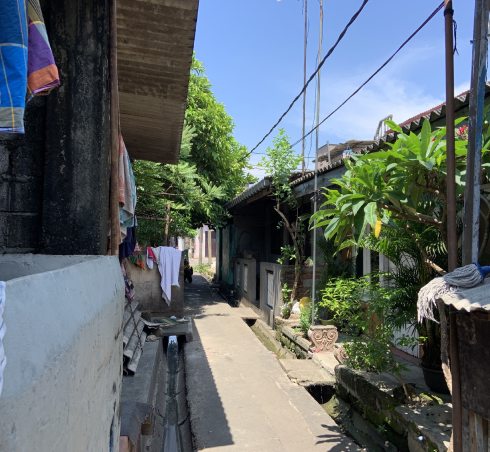
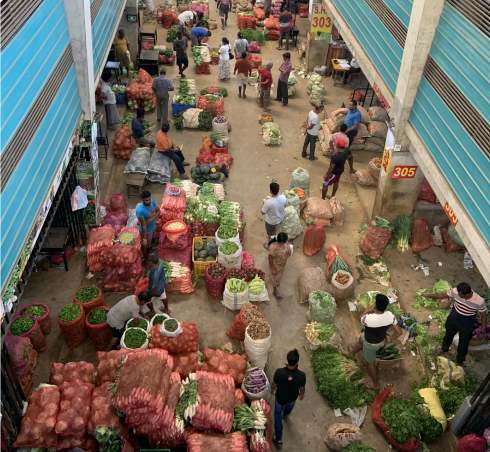
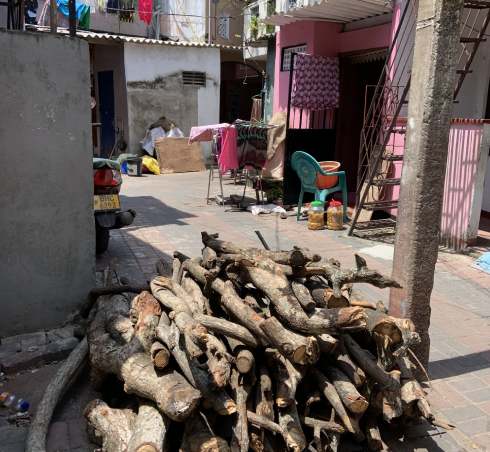
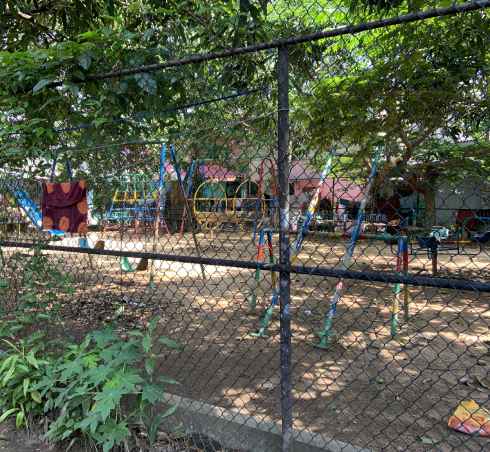




Latest research and writing by CUL
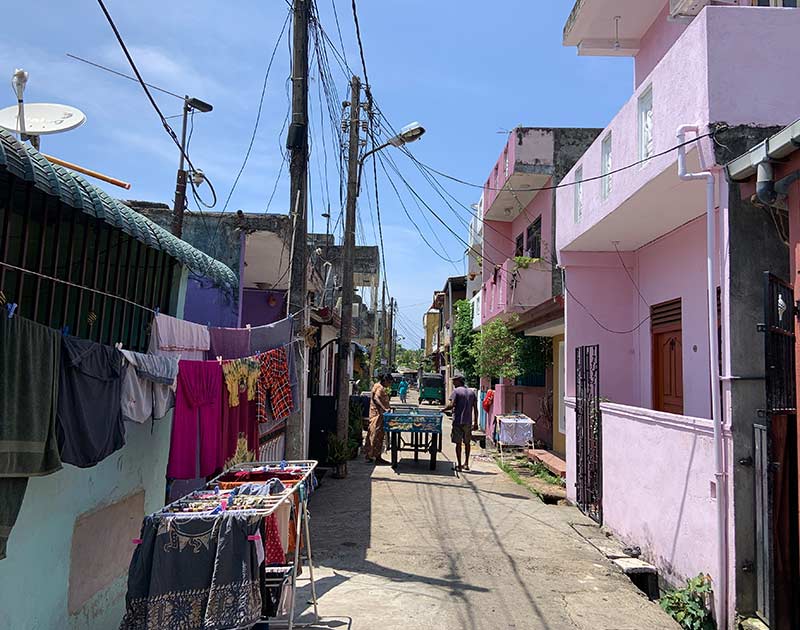
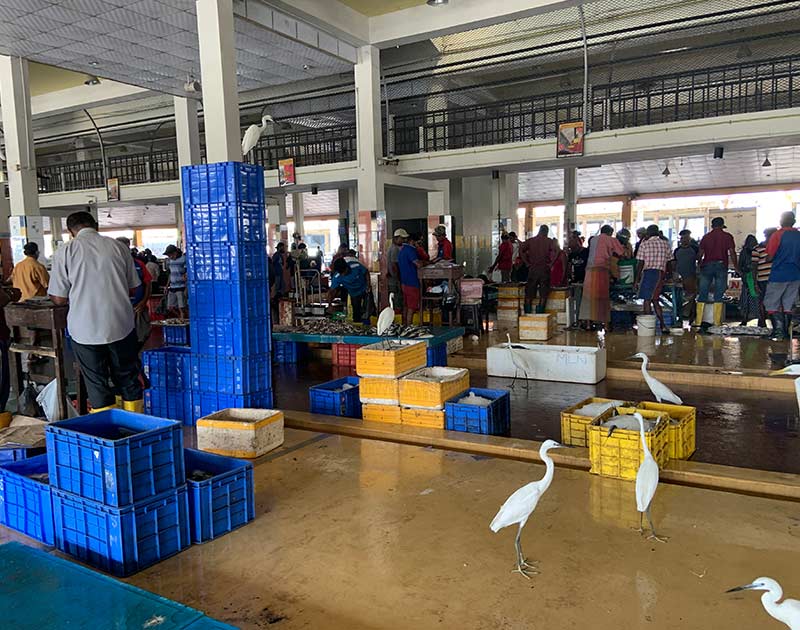
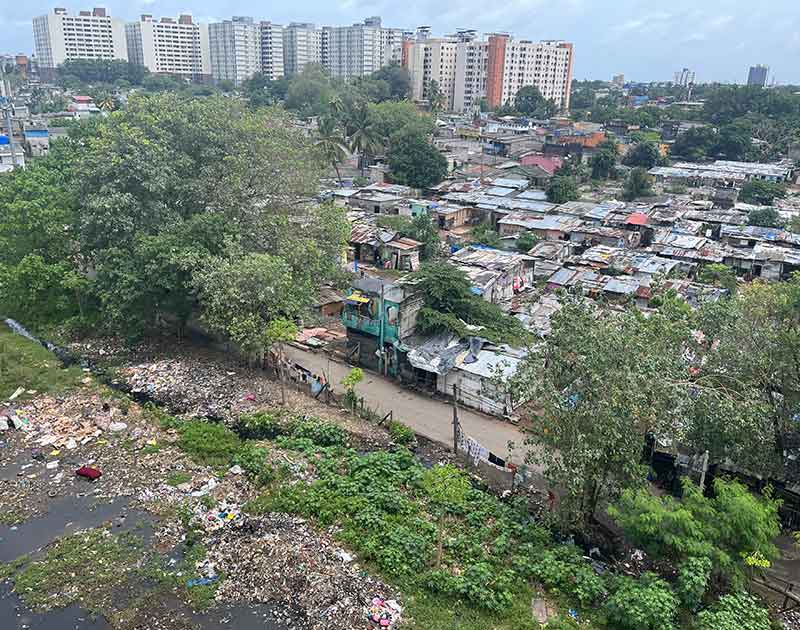
Submission to PUCSL Stakeholder Consultation October 2023 on proposed electricity tariff revision
Colombo Urban Lab submitted concerns and recommendations to the Public Utilities Commission of Sri Lanka’s stakeholder consultation regarding the increase of 22% sought by CEB.
READ MOREGlobal Campaign on Universal Social Security
Colombo Urban Lab is part of a global coalition advocating for universal social security for all, and a new socio-economic contract.
READ MOREPanel discussion at the National Convening on Debt and Women’s Human Rights
Iromi Perera was a speaker at this event in August 2023, and spoke about household debt among Colombo’s working class families and pathways for recovery.
READ MOREPolicy Lab - Integrating Equity and Reframing Urban NbS in South Asian Cities
The need for Nature-based Solutions (NbS) that integrate equity and address the unique challenges of South Asian cities was the focal point of this event.
READ MORE